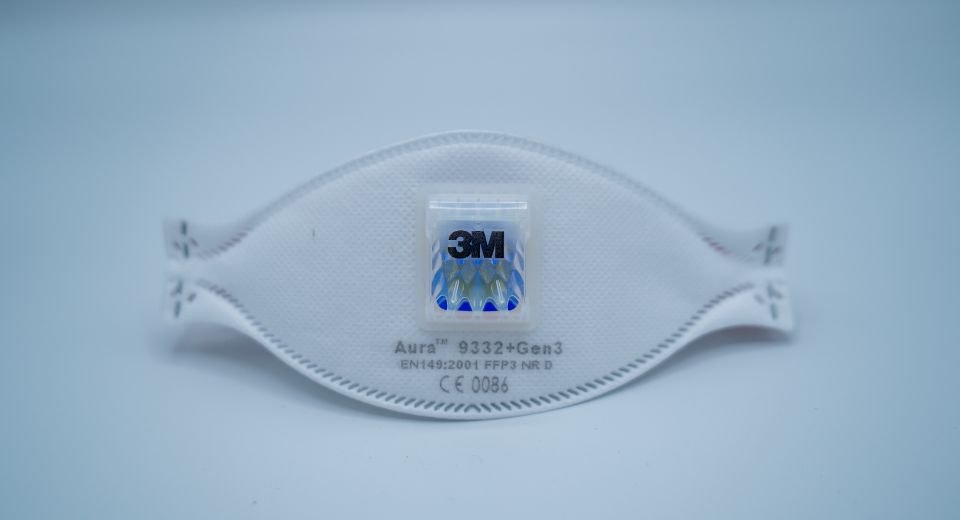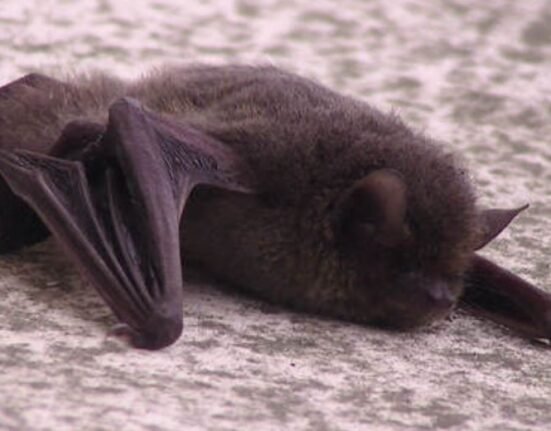HQ Team
July 25, 2023: The Middle East Respiratory Syndrome Coronavirus has killed 12 people in the UAE and infected 94 others from July 10, when the first case was reported, according to the WHO.
Globally, 2,605 cases of the virus were reported and 936 people have died since July 2013, according to a WHO statement.
The Middle East respiratory syndrome is a viral respiratory infection that is caused by a coronavirus called MERS-CoV.
On 10 July 2023, the International Health Regulations National Focal Point of the United Arab Emirates notified WHO of a confirmed case of MERS-CoV in Abu Dhabi.
The patient was a 28-year-old male, non-Emirati national living in Al Ain city, and a non-healthcare worker. The patient visited a private medical center multiple times between June 3, and 7, complaining of vomiting, right flank pain, and pain when passing urine.
Acute kidney injury
On 8 June, the patient presented to a government hospital with vomiting, and gastrointestinal symptoms including diarrhea, and was given an initial diagnosis of acute pancreatitis, acute kidney injury, and sepsis.
Five days later, he was in critical condition and referred to an intensive care unit (ICU) at a specialized government tertiary hospital where he was put on mechanical ventilation.
His condition deteriorated and a nasopharyngeal swab was collected on 21 June and tested positive for MERS-CoV on 23 June.
The person had no known co-morbidities, no history of contact with MERS-CoV human cases, and no recent travel outside the UAE. The patient has no known history of direct contact with animals, including dromedary camels, nor consumption of their raw products.
Humans are infected with MERS-CoV from direct or indirect contact with dromedary camels which are the natural host and zoonotic source of the infection.
MERS-CoV infections range from asymptomatic or mild respiratory symptoms to severe acute respiratory disease and death.
No vaccines
Severe illness can cause respiratory failure that requires mechanical ventilation and support in an intensive care unit resulting in high mortality.
No vaccine or specific treatment is currently available, although several MERS-CoV-specific vaccines and treatments are in development.
The Abu Dhabi Public Health Centre has updated the case definition for MERS-CoV, strengthened surveillance activities to identify possible cases, conducted several workshops, and issued circulars for MERS-CoV.
A majority of the reported cases have occurred in countries in the Arabian Peninsula. Outside of this region, there has been one large outbreak in the Republic of Korea, in May 2015, during which 186 laboratory-confirmed cases and 38 deaths were reported.
“WHO does not advise special screening at points of entry with regard to this event, nor does it currently recommend the application of any travel or trade restrictions.”








